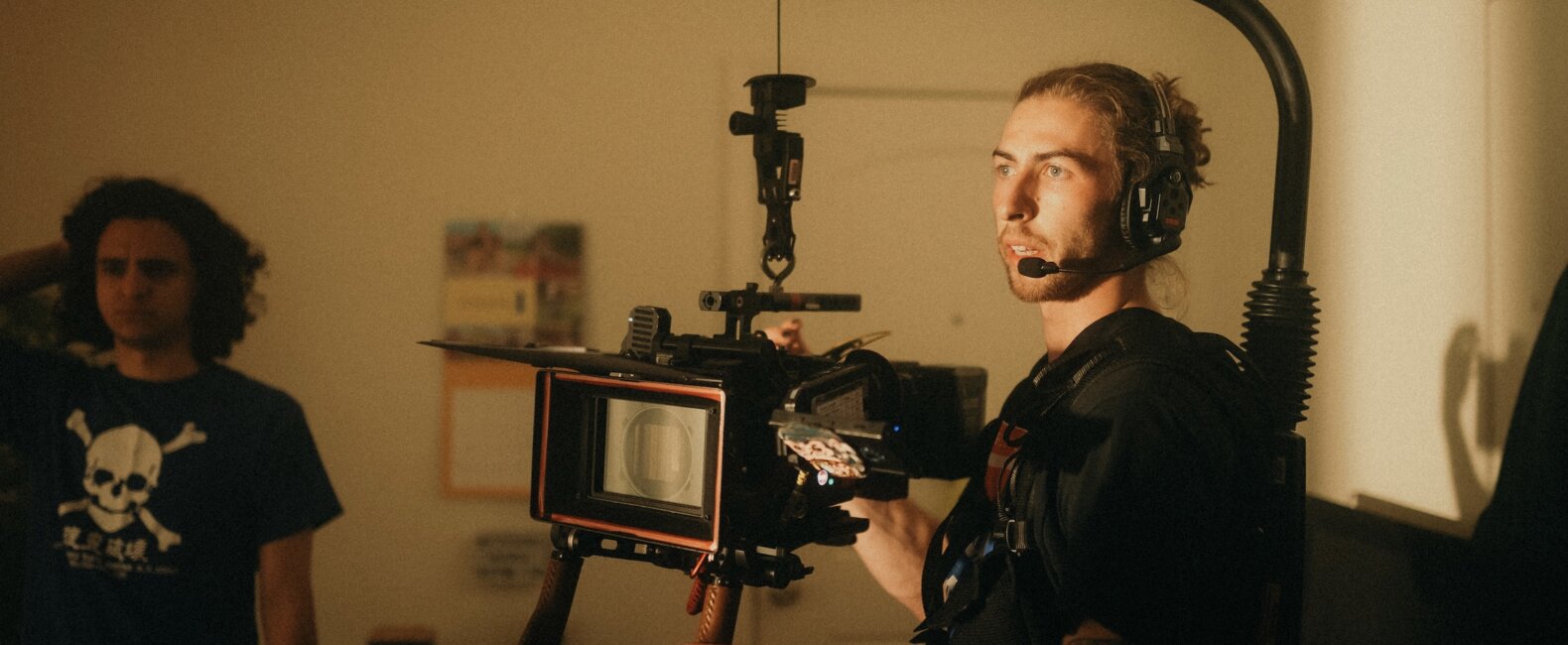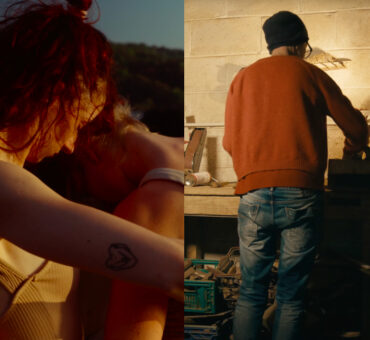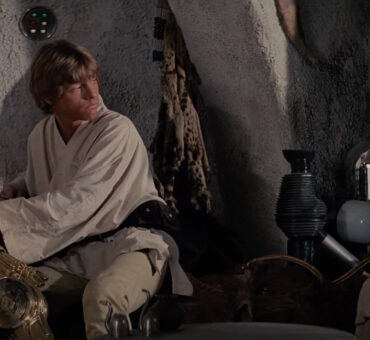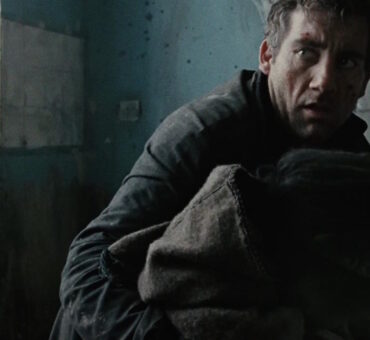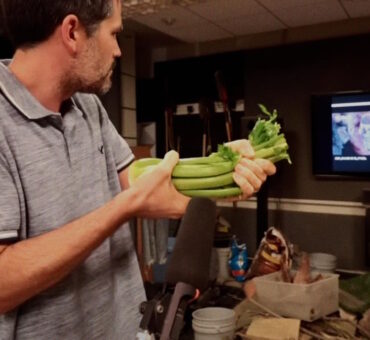When he’s not working with brands like Roll’s Royce, Citizen Cider, and others, photographer and cinematographer Brady Bessette is creating educational content for filmmakers on his YouTube channel. Hear more from the SLC-based creative on what keeps him inspired, his advice to new filmmakers, and how he finds the right music for his work on Musicbed.
Musicbed: What sparked your passion for filmmaking/storytelling?
Brady Bessette: When I was about 12 or 13 years old, I started with photography. So I’ve been doing this for a very, very long time, but I loved pushing my style towards the creative direction. I would push the colors towards whatever I felt or wanted to tell. I’d push the style in a creative direction that told that feeling better. But it wasn’t really storytelling at that point. It wasn’t until I kind of ran into an issue where I wasn’t that great at telling much more of a story. So I explored other avenues. I got in a video a little bit and then I actually got on some film sets with a friend of mine and he brought me on and that’s when I realized that there’s a world of cinematography and how I can, take my creative direction that I had in photo and push it even more and tell the story even further in video and really use that creative, visual storytelling to my advantage to tell the story. So that’s really where it started and then it kind of spiraled from there.
What keeps you motivated and creatively inspired?
For me the chase of getting better. I’ve always wanted to take my work, idle over it for a second, and then just take it and break it down and try to find a way to make it better. So there’s always that chase that’s really like, I want to keep improving and getting better and that’s kind of what pushes me and inspires me to do new things, try new things, and really find the fun of it all through that and do something that I haven’t done in the past.
What makes a story visually appealing? What role does music play in storytelling?
Music is very underrated and forgotten for some people. Music is very, very important. It sets the entire feeling and the pace and that kind of goes towards that whole creative direction that I once had in photography, music is one of those factors. It’s just as important as the color, as the shooting type. So it sets the entire mood, sets the atmosphere and the pacing for whatever you’re trying to show, whatever message you’re trying to convey. And then what makes it visually appealing back to the music and the pacing and all of that is really forgetting about things to me, forgetting about things being beautiful and cinematic and perfect and more so, ask myself what’s the “story” and achieving an image that is going to tell the story most if it needs to be ugly lighting or weird angles that make somebody feel ugly or make them feel gross, then you’re going to do that instead of just making every character look beautiful. So really honing into what story you’re trying to tell cinematically and storytelling-wise, and diving into that.
What elements do you think are essential for crafting a compelling story?
I think there are a lot of elements that go into a film and that’s why there are so many roles in it. I know that for one music is a very important role in creating a compelling story. It’s really gonna be the backtrack that’s keeping everybody engaged alongside the script. And then obviously the script as well is very important. If you don’t have a good script, nothing is entertaining to listen to. There’s no good dialogue and it keeps it getting much less compelling. And there’s a visual aspect of it as well, especially for me being a cinematographer, the image needs to be beautiful, for it to be well thought out and very I guess strategic as to how I want to shoot things. So that as well is a very important factor.
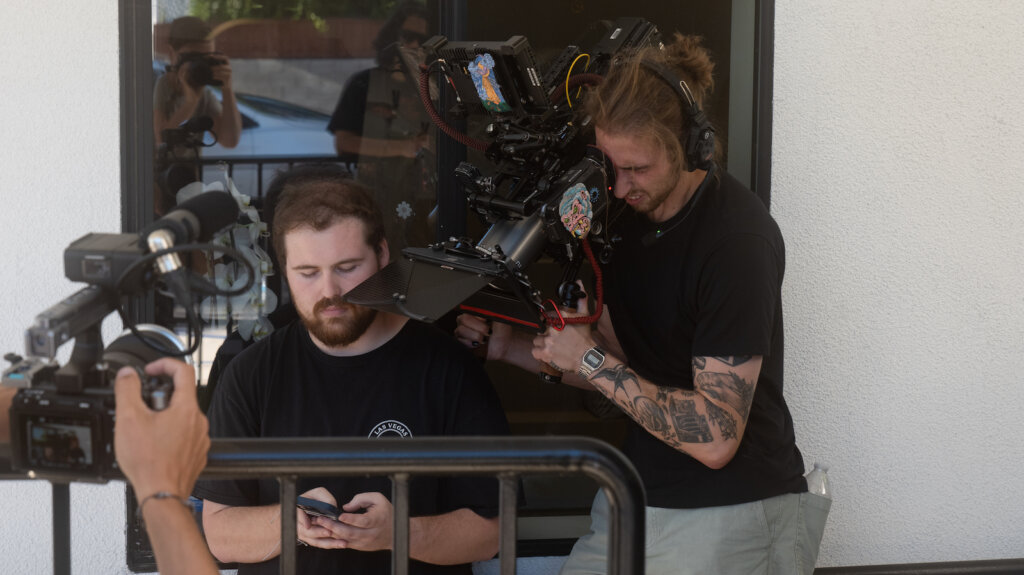
How important is music in your work?
Music is incredibly important. It sets the entire mood, it sets the pacing, it sets the flow for whatever film it is. If it’s commercial, if it’s narrative, if it’s dark, it’s going to be the backing emotion, essentially that you want your viewers to feel. And it’s important because you’re not unless it’s a music video, you’re not shoving it in their face, it’s really accenting whatever is going on. So it’s just supposed to be this thing that your viewers are kind of just feeling and sensing rather than being straight in their face, at least in my opinion.
What advice would you give other filmmakers/creators who are just starting a career?
I think that curiosity is really important, being curious about not only what to do to get better but how things work, understanding the fundamentals and the technical side of things, whether it’s camera settings or story structure. I think that a really important thing is just learning new things all stemming from curiosity has helped me really skyrocket and just has helped me really excel in, you know, understanding the technical side of things and then being applied, being able to apply that to my own style and own desires essentially and what I want to achieve.
How do you balance pushing boundaries creatively and delivering what your client wants or audience wants to see?
That’s a tough one because I feel like especially in the arts, we’re always pushing a little bit further and then getting drawn back just a little bit. I think that it’s inevitable, we’re artists, we want to do fun things. But when I first started, I wanted to just do cool things with my own style and mind and disregard whatever the client was, whatever the end goal of the director or the client, customer or whatever. And now I’ve transitioned to really putting myself in their shoes and really trying to attack it from that direction, and then kind of reverse engineering and including my style into it that way if that makes sense. So really just being transparent & attacking it from the client’s needs and desires first, then adding in your style and then being transparent and communicating what that style is and giving a lot of visuals to really be transparent and show. So everybody’s in the know at every step of the way.
What is the most challenging aspect of being a filmmaker/creative?
I’d say being a filmmaker and creative is difficult. There’s a high demand right now, there are a lot of people doing it. There’s a lot of competition really and the biggest challenge for me especially is just consistently creating something new that’s not repetitive. As somebody who’s posting almost every week for the past three-plus years, I’ve needed to do something different every week. I can’t repeat what I’ve done before. So the hardest part is really pushing yourself to think of new concepts. Always looking wherever I am, always investigating to see, what else I can do and what’s different, and being inspired by other creatives, other work, and other art that I see out in many different mediums.
Favorite project that I’ve worked on or some favorite projects that I’ve worked on?
That’s a difficult question right now because I think the last year has been huge in growing as a DP doing a lot more work that really shows my creative vision. It’s difficult to discuss those because they are all unreleased yet. Right now, there’s a lot of editing or film festivals that those are going through so I can’t discuss too much about them. But there’s been a lot of stuff this last year that I have worked on and really enjoyed.
How do I search for music on Musicbed? What are some tips you give other filmmakers to search on Musicbed?
It’s been difficult for me to know genres in different ways of describing words and attributes. But once I’ve learned those, going through and just each project is different. So sometimes I will go through and just search for an immediate genre that I need or if I need something a little bit more specific, it’s, if it’s a little bit more eerie or sad story, I might go into the advanced ones, advanced sections and just add in minor key only because minor key might have a little bit more of the mood that I’m feeling there’s really a million different options and each project is different. I know that there is another tool that I use that I believe is new actually, using the Spotify link or the, the AI features where I just drop in a link of a song that I might be using as a reference song. And then through AI technology Musicbed showing a lot of similar songs and that I’ve found really recently to be very, very helpful. Or also find one song and then just look through the similar songs to find either more additional pieces that are gonna go in my project or just find a song that might be similar but not, or maybe the song that I found is almost there but not quite it. And then going through similar sections to find something that actually is what I need for the project.
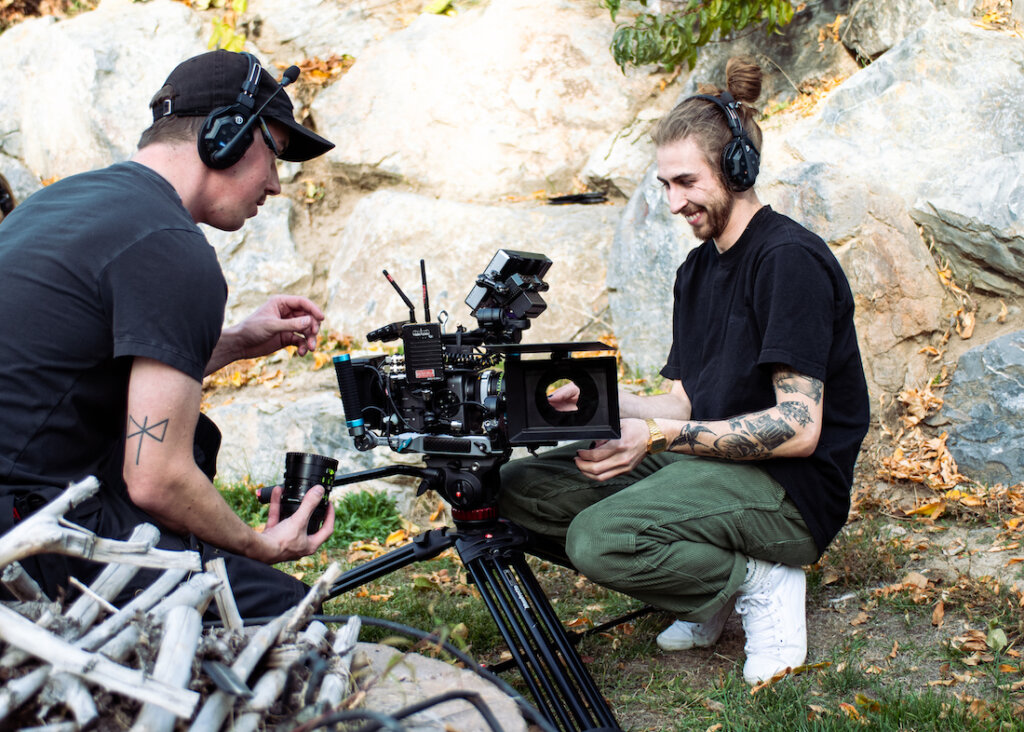
Why do you utilize Musicbed in your work?
Well, I’ve played around with a lot of different platforms and Musicbed has always been the one that’s tried and true. It has the artists that I actually listen to in my own time, which is great. I always want to avoid having something that might seem like just a standard kind of YouTube song I guess we can say. And finding something that would be a real song that plays on the radio or somebody that I would see in concert. And as a matter of fact I’ve seen some of these artists in concert in real life. So it’s nice to have. It has that feeling of real music that I would listen to in my day-to-day life. And that’s something that I’ve always found in Musicbed and always enjoyed with Musicbed.
—
Explore an exclusive playlist of Brady’s go-to songs for his work—all available to license only on Musicbed.















































































